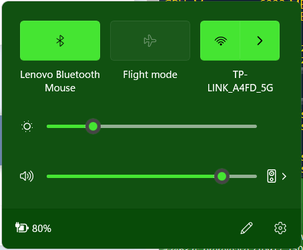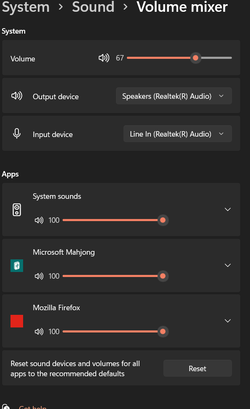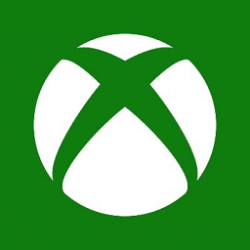- Local time
- 7:53 PM
- Posts
- 307
- OS
- macOS 14.x (plus Windows 11, Debian, FreeBSD for ARM64)
I do agree that, for many people, there is no immediate need to move to Windows 11, as Windows 10 is definitely not going to self-destruct, but it does seem inevitable that over the next 4 years the 'gap' between Windows 10 and 11 will widen significantly beyond just the contentious minimum hardware spec. If not, then there would be little point in introducing Windows 11 as a separate product, other than pressurising all computer manufacturers/assemblers to incorporate the newly specified CPUs and security hardware/firmware in all new Windows 'devices'. At present there seems to be many PCs and Laptops, especially those at the cheaper end of the market, which probably don't currently meet the specified hardware requirements for Windows 11.
Eventually, the downside to delaying transition is likely to be a widening gap between the two OSs, combined with a reducing Windows 10 user base. The upside may well be that, if a delayed transition is made, more knowledge and experience of 'real-life' Windows 11 use will be available; and the early adopters, who usually experience most problems, may well have assisted Microsoft in identifying and ironing out most of the inevitable 'kinks'.
What features Windows 11 might get which may not be back-ported to Windows 10 is, of course, entirely unknown, but the first indication of any real differences will probably become more apparent when the feature list for the first Annual Windows 11 'Update' is made public and the next Beta release is enters testing. Based purely on the timing of the initial Windows 11 announcement that seems to be probably at east 9 months away, but hopefully, in the meantime, Windows 11 users will see the "bug squashing" efforts continue, as more users will inevitably expose more issues; and maybe there could even be some interim tweaks to taskbar design/behaviour if the mass user feedback is that some improvements are needed.
Time will tell.
Eventually, the downside to delaying transition is likely to be a widening gap between the two OSs, combined with a reducing Windows 10 user base. The upside may well be that, if a delayed transition is made, more knowledge and experience of 'real-life' Windows 11 use will be available; and the early adopters, who usually experience most problems, may well have assisted Microsoft in identifying and ironing out most of the inevitable 'kinks'.
What features Windows 11 might get which may not be back-ported to Windows 10 is, of course, entirely unknown, but the first indication of any real differences will probably become more apparent when the feature list for the first Annual Windows 11 'Update' is made public and the next Beta release is enters testing. Based purely on the timing of the initial Windows 11 announcement that seems to be probably at east 9 months away, but hopefully, in the meantime, Windows 11 users will see the "bug squashing" efforts continue, as more users will inevitably expose more issues; and maybe there could even be some interim tweaks to taskbar design/behaviour if the mass user feedback is that some improvements are needed.
Time will tell.
My Computers
System One System Two
-
- OS
- macOS 14.x (plus Windows 11, Debian, FreeBSD for ARM64)
- Computer type
- Laptop
- Manufacturer/Model
- MacBook Pro M1 MAX
- CPU
- Apple M1 Max (T6001) - 8 performance 2 efficiency cores
- Memory
- 32GB LPDDR5
- Graphics Card(s)
- Apple M1 Max (32-core)
- Hard Drives
- a) 1TB SSD + + 1TB SD Card + external SSD Drives
- Browser
- 1. Safari 2. DuckDuckGo
- Antivirus
- -
-
- Operating System
- Windows 11 Pro, plus VirtualBox VMs: various Windows & Linux
- Computer type
- Laptop
- Manufacturer/Model
- Microsoft Surface Laptop Studio
- CPU
- i7
- Memory
- 32GB
- Hard Drives
- 1TB SSD, plus external SSDs for Virtual Machines etc.
- Browser
- 1. MS Edge 2. DuckDuckGo
- Antivirus
- Defender












